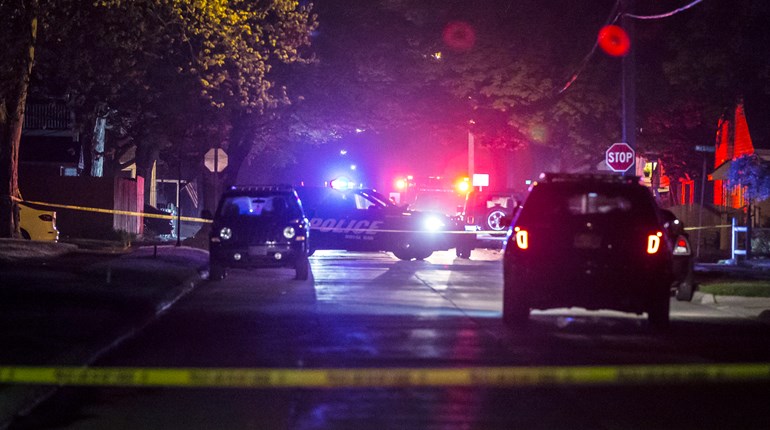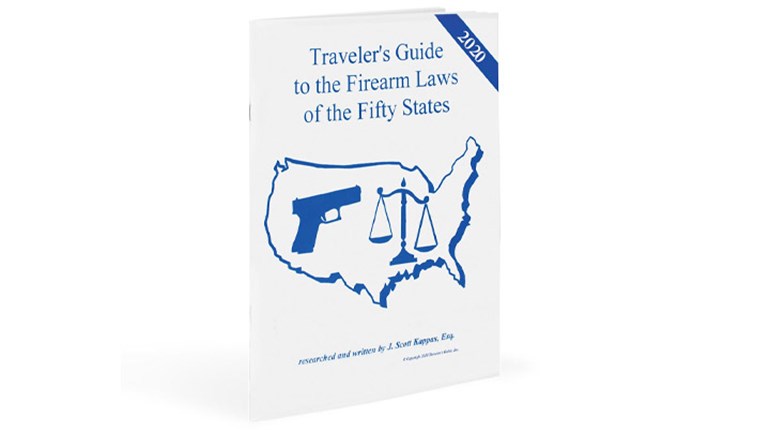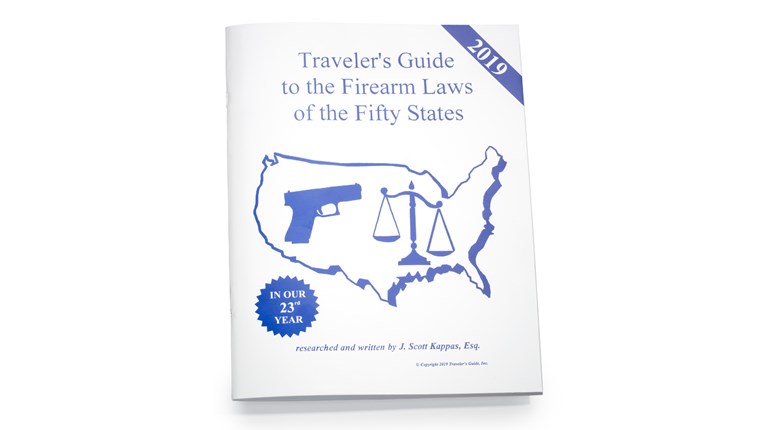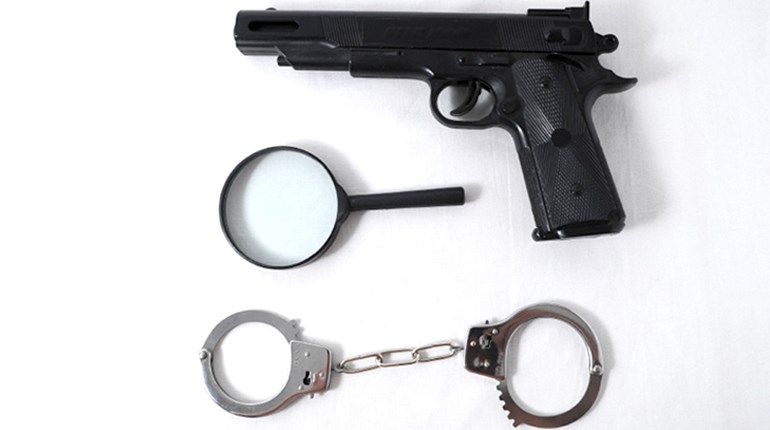
Is there a relationship between concealed-carry laws and violent crime rates? Researchers from the Mayo Clinic and Virginia Tech Carilion School of Medicine say, “No.” Their study will appear in the Journal of the American College of Surgeons later this year.
Dr. Mark Hamill, lead author of the study, presented the findings in October at Clinical Congress 2018. “We found no relationship between the type of concealed-carry process or the general permissiveness of the process and increased rates of homicide or other violent crime,” he concluded.
The researchers looked at state crime rates in comparison to the firearm laws in each—whether it was a no-carry state, may-issue state, shall-issue state or had unrestricted carry—and determined there was no significant link between the two. “Every state and the District of Columbia now has some legislation in place to allow for some form of civilian concealed carry,” noted Hamill. “Changes to concealed-carry legislation likely won’t reduce firearm violence.”
A second, separate study looked at firearms in relation to mass shootings and characteristics of communities where they occur. Conducted by researchers from Bowling Green University and the University of Toledo, they analyzed mass shootings that involved four or more people and occurred between 2005 and 2018. Using social determinants of health as criteria, “We definitely found some of the factors surprising,” declared Dr. Stephen Markowiak, lead author of the study.
The results might have raised eyebrows among the researchers, but there is nothing surprising to gun owners about Markowiak’s conclusion: “The states that were more urban, and anecdotally more liberal, had both stronger gun laws, but also more instances of mass shooting events.”
These studies seem to confirm what gun-rights proponents have long argued: More guns, less crime; more gun laws, more crime.


































